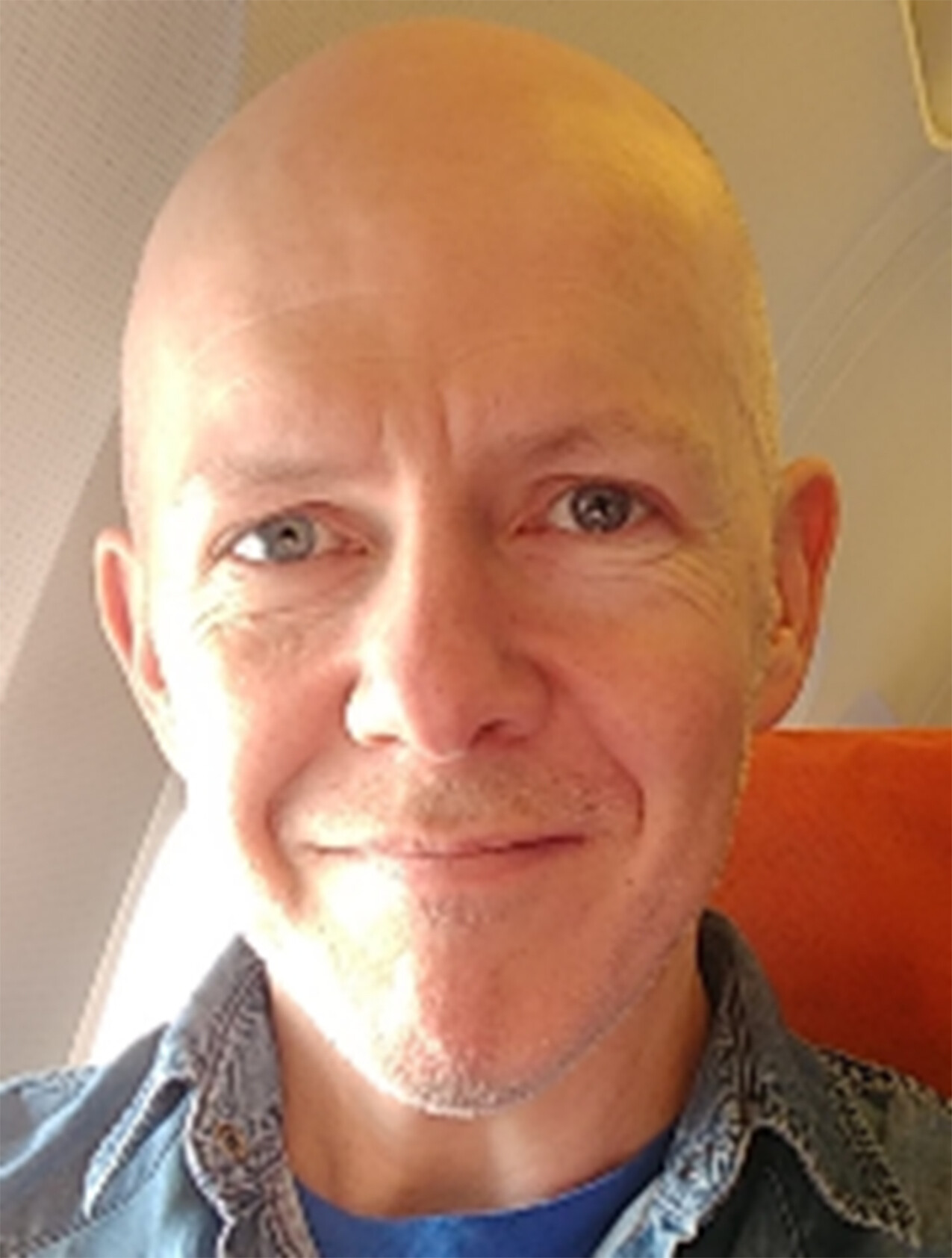Microsoft ends support for Internet Explorer on June 16, 2022.
We recommend using one of the browsers listed below.
- Microsoft Edge(Latest version)
- Mozilla Firefox(Latest version)
- Google Chrome(Latest version)
- Apple Safari(Latest version)
Please contact your browser provider for download and installation instructions.

Dementia is a cruel disease that takes away a person's ability to function properly. The main cause of dementia is Alzheimer's disease, which accounts for 60-70% of all cases. According to the World Health Organization1, there are currently 55 million people with dementia worldwide and nearly 10 million new cases emerge every year. In 2019, the various forms of the disease cost the world US$1.3 trillion. About half of this was spent on care given by family and friends; caregivers spend an average of 5 hours a day looking after their loved ones.
In Japan, too, there is growing concern about the rise in dementia and depression. By 2025, an estimated 6.75 million older people in Japan will have dementia2. Moreover, rates of depression in Japan have also increased since the outbreak of the COVID-19 pandemic. It can be hard to deal with these conditions, because there are not many effective treatments, tests can be invasive, and the diseases place a lot of stress on patients.
The road ahead may be long, but NTT and the National Center for Neurology and Psychiatry (NCNP) have not given up on finding solutions to dementia and other diseases of mental health.
The partners are working on a new technology called the "Brain Bio-Digital Twin." The fruit of their research aims to spot and prevent mental illnesses such as dementia and depression.
The Brain Bio-Digital Twin project is creating a digital model of the brain by gathering huge amounts of data on brain-related diseases, converting it into digital data, then mapping it virtually as a model. With the data collected and digitized, Artificial Intelligence (AI) and Machine Learning (ML) can then be used to study the brain and its functions.
NTT has actually been working on a similar project since November 2020 and preparing a "Bio-Digital Twin" of the entire body, not just the brain. This model will give insights into a person's overall health. With NTT's experience in AI and ML, they hope to speed up research and make the technology available to the world.
Tokyo-based NCNP, an organization which offers treatments for patients with mental, nervous, muscular, and developmental disorders, and promotes research on prevention and therapy of such disorders, is contributing by providing important data such as PET (Positron Emission Tomography) scans, and related bio-samples (blood, cerebrospinal fluid, tissue samples, genetic information), followed by medical interpretation of the results obtained through AI and ML processing.
The goal of the research partners is to create a digital version of a person that can be studied instead of the actual patient. This could lead to:
- Fewer invasive tests for patients.
- Cheaper and simpler testing methods.
- Easier access to tests and treatments in small medical centers.
- Better predictions of medication side effects.
- Faster approval of new medicines.
- Early disease detection and prevention.
- More organized treatments for diseases.
NTT and NCNP plan to release the Brain Bio-Digital Twin platform in 2024. Over the next three years, they plan to work on studying the brain and related diseases, liaising with drug companies to create effective medications and a system for spotting and preventing mental illnesses early on.
NTT--Innovating the Future of Healthcare
1.https://www.who.int/news-room/fact-sheets/detail/dementia
2.https://www8.cao.go.jp/kourei/english/annualreport/2017/2017pdf_e.html

Daniel O'Connor
Daniel O'Connor joined the NTT Group in 1999 when he began work as the Public Relations Manager of NTT Europe. While in London, he liaised with the local press, created the company's intranet site, wrote technical copy for industry magazines and managed exhibition stands from initial design to finished displays.
Later seconded to the headquarters of NTT Communications in Tokyo, he contributed to the company's first-ever winning of global telecoms awards and the digitalisation of internal company information exchange.
Since 2015 Daniel has created content for the Group's Global Leadership Institute, the One NTT Network and is currently working with NTT R&D teams to grow public understanding of the cutting-edge research undertaken by the NTT Group.












